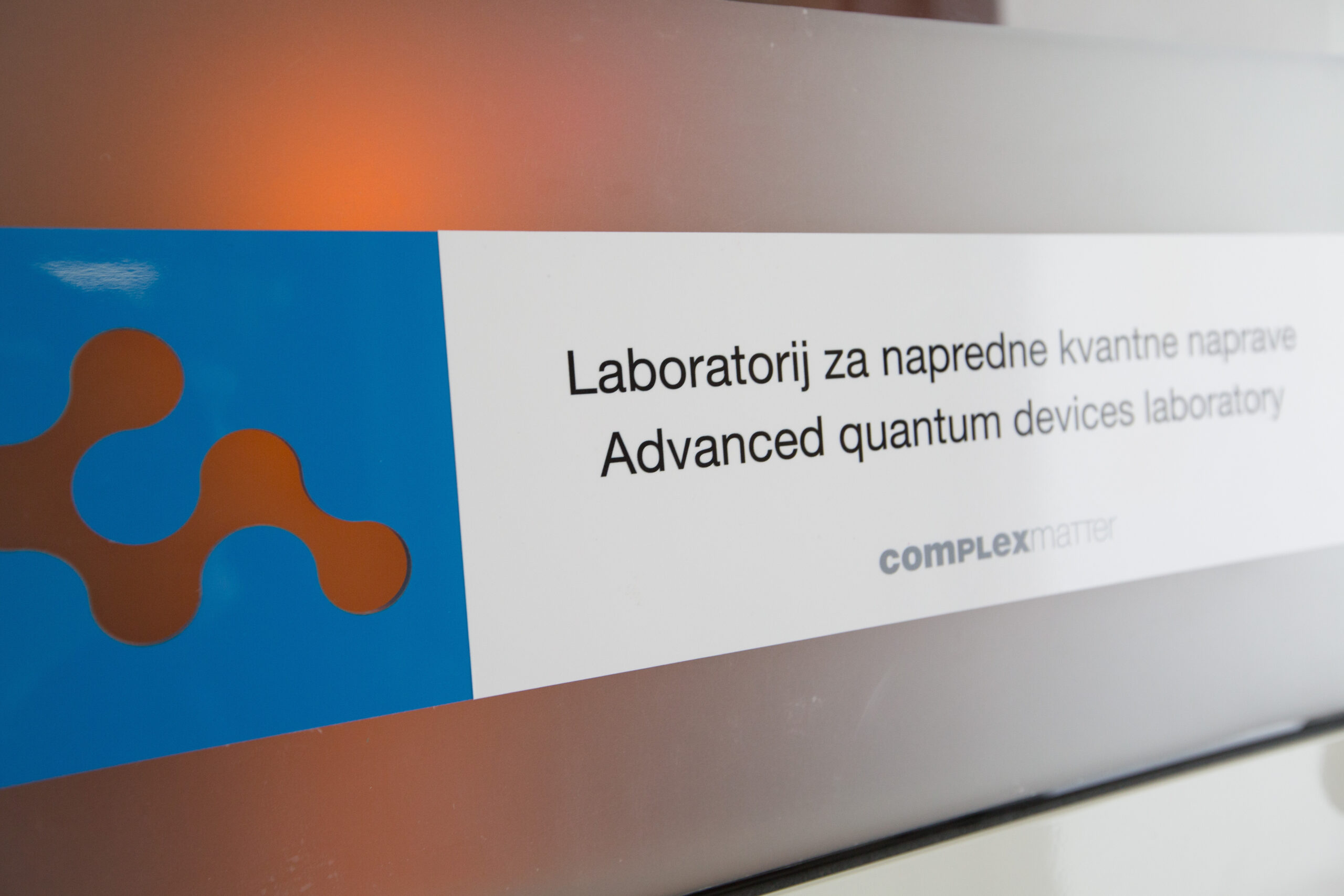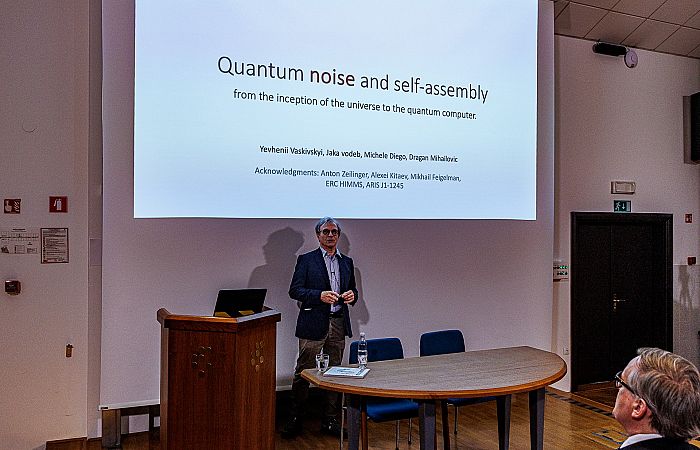We observed a direct viscous mechano-electric response in a room-temperature ferroelectric nematic liquid, i.e. a unique material that combines 3D fluidity with ferroelectric ordering. We placed the liquid into a deformable container with electrodes and measured the electric current generated by the mechanical actuation of the sample. This gave us an insight into several possible mechanisms of mechano-electric transduction, where ferroelectric ordering within the liquid was changed by material flow induced as a viscous response to external stress. Irregular manual actuation revealed that the electric response can be used to distinguish between forces of different magnitudes and durations. On the other hand, a periodic actuation at different frequencies (1-200 Hz) produced consistent results. We realized that the observed mechano-electric phenomena are promising for a range of possible applications spanning from simulations of fingertip sensors to energy harvesting from slow ambient mechanical disturbances.
On the website, we only use cookies that are permitted in accordance with the ZEKom-1 law. Only cookies that are absolutely necessary for the operation of this website are used. To record page visit statistics, we use a system that only records the session cookie and does not track your further behavior on the website or in connection with other sites. By continuing to use this website, you agree to the use of the described cookies.

